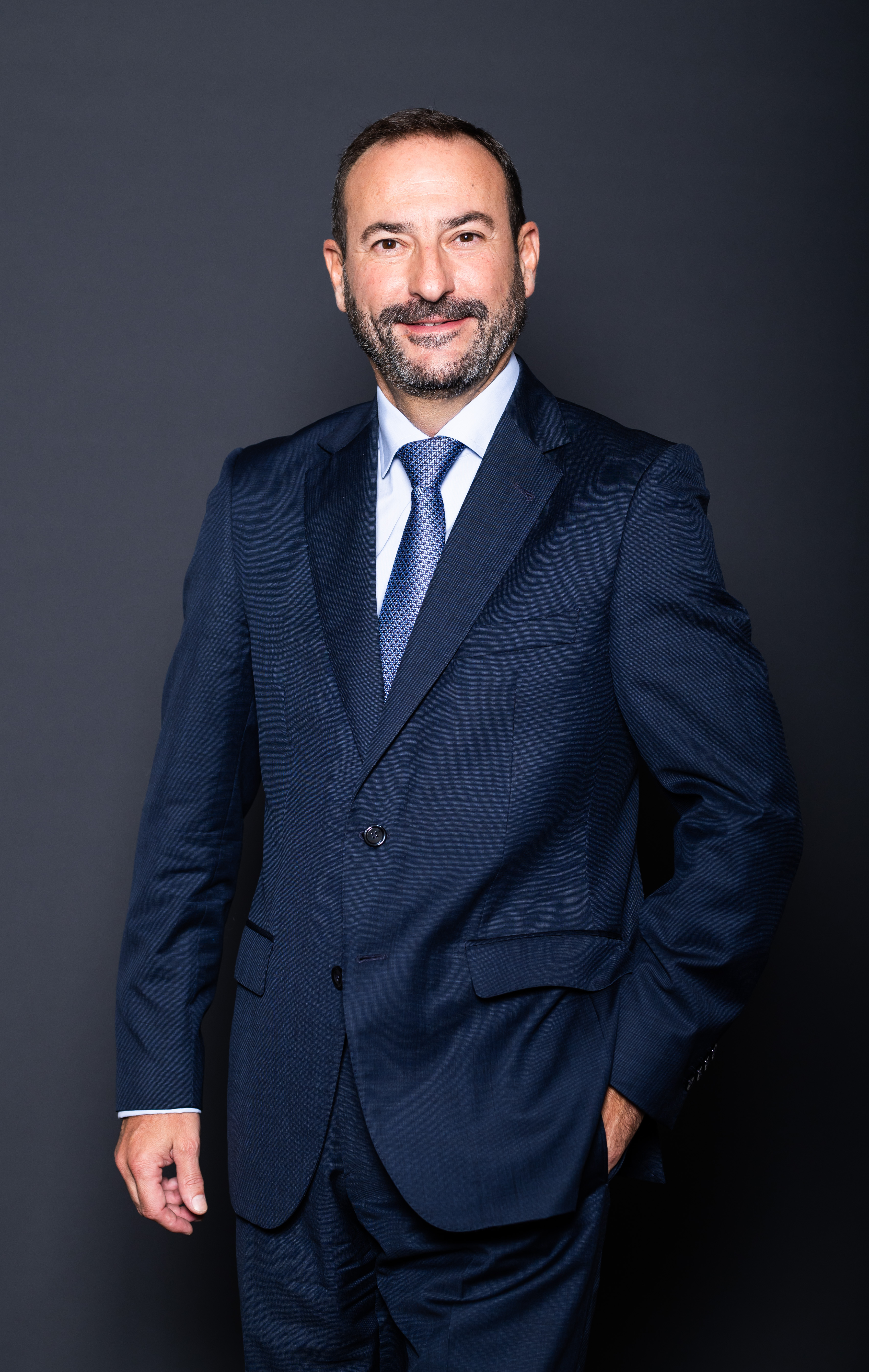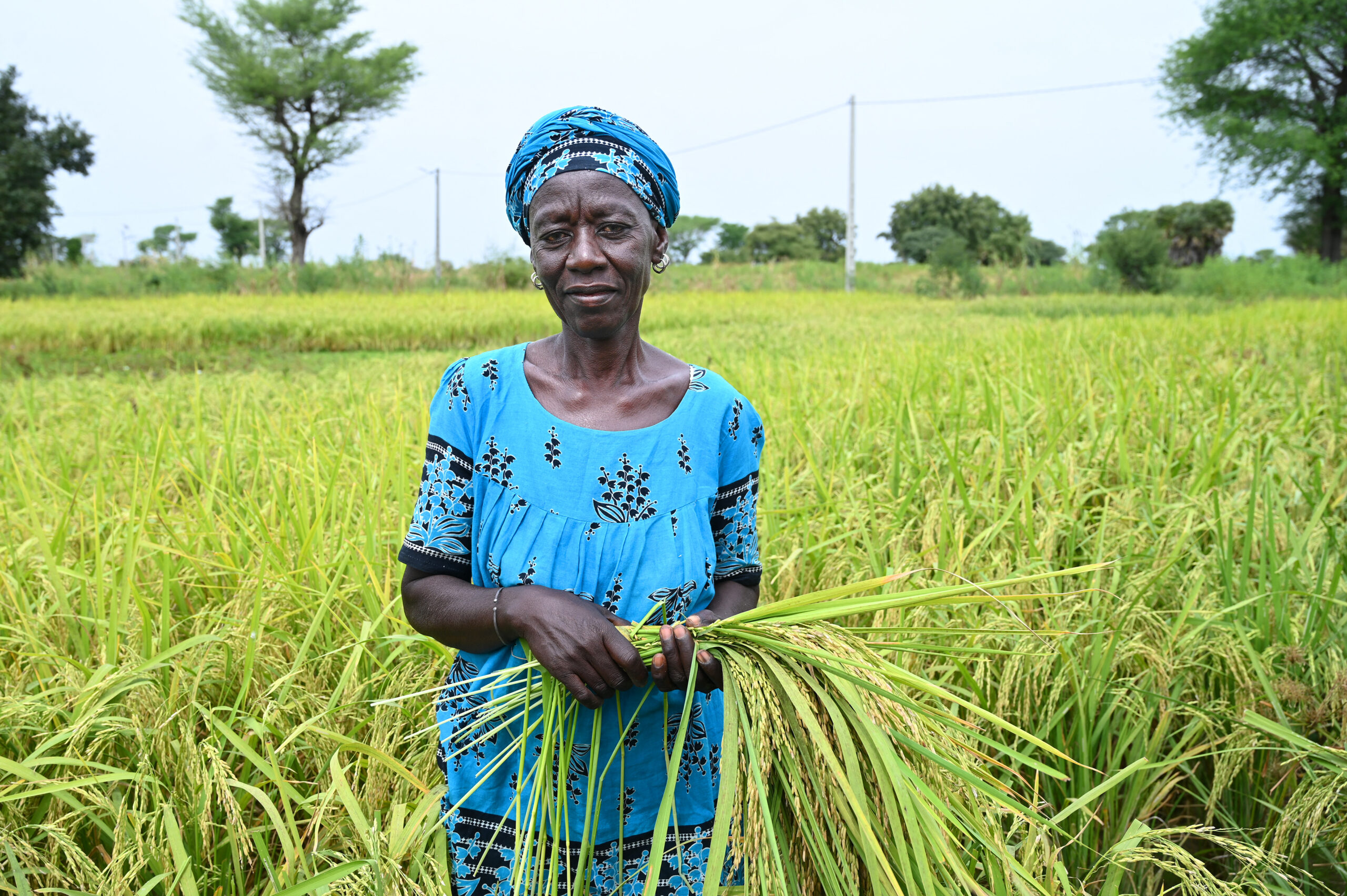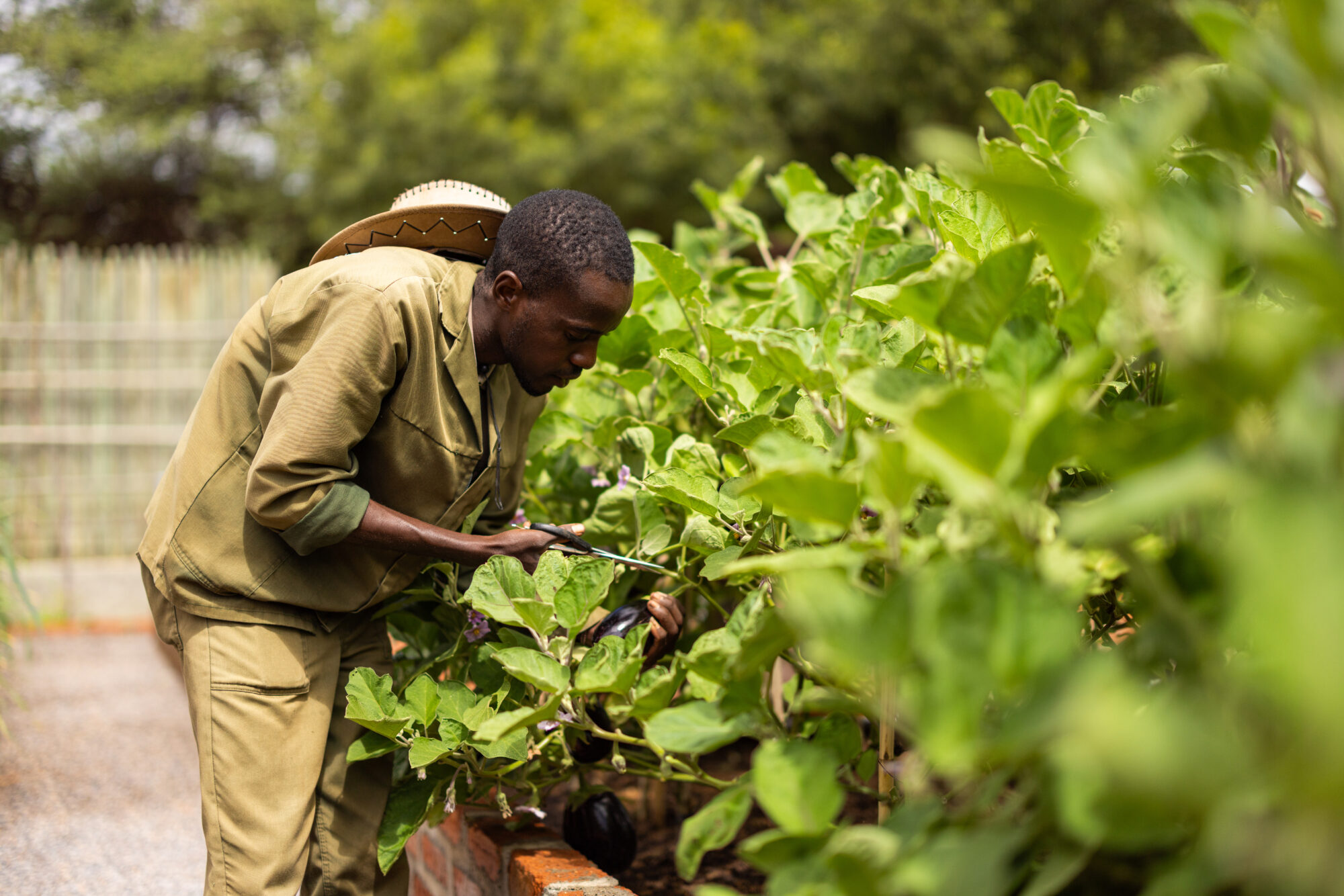Q: At a time when talent retention is so important, how can banks make sure they’re recruiting and retaining the best candidates and employees?
Given the changing dynamic of the sector, we focus on planning the needs for skills that we have, while staying alert at all times for new technologies and trends, to make sure we’re at the cutting edge of developments.
David López Puig, head of human resources and member of the CaixaBank management committee

CaixaBank recently approved its new strategic plan 2022-2024, where the personnel aspect is, as you would expect, a top consideration. We are a bank of people and for people.
We are facing a highly complex context, at a time of great change, which naturally presents a challenge for us and all other financial institutions.
On top of this, we have just completed the largest merger in the history of Spain’s banking sector. A merger that was completed successfully thanks to everyone’s hard work, and which combined the talent that came out of the two companies.
Against this backdrop, we have to make sure that we have the skills needed to face a highly demanding operating environment. First of all, the best way to attract and retain the best candidates and employees is to have an exciting project for the future, such as leading the transformation of the financial sector. Second, we need to create and maintain a working environment that develops skills and nurtures the future potential of employees.
Q: Turning now to ways of working, what’s your thinking on the type of model that’s going to work best?
We focus on flexibility. Smart working isn’t based on remote working, but rather on implementing a flexibility that lets professionals balance out their work and personal lives. This means ensuring digital disconnection – rest time for staff – and providing spaces that encourage collaborative work and innovation.
We’re a company which has in its DNA the commitment to remain close to customers, and provide them with a high-quality service. So, face-to-face interaction is important.
We have flexibility measures for all employees, to ensure we maintain this level of customer service and engagement.
For corporate services at CaixaBank, we have introduced a hybrid and flexible model that opens up the option to work six days a month from home, and the flexibility to move the start of the employee’s shift time forwards or back by up to one hour.
This model enables teams to interact socially and helps build a sense of community and proximity at a key time in the post-merger cultural integration. It also strengthens teams and enhances work across disciplines, the exchange of ideas, learning, professional development, and the ability to innovate.
We also have a digital disconnection policy, to make sure that the rest times of the entire staff are respected.
To ensure the efficient implementation of this model, we have provided training on how to lead hybrid and flexible teams, on collaborative tools, and we organise employee feedback sessions, to make sure we’re on the right track. Continuous improvement based on results and on engaging with and listening to people, is also a defining trait of our personnel management policy.
Q: With regard to purpose, aligning values with the next generation, how do you think CaixaBank’s corporate values line up with theirs?
Our corporate slogan “You and I. Together” and brand purpose “Standing by people for everything that matters” are more relevant than ever, and they’re consistent with the growing concern for the environment, sustainability, and diversity. For us, the idea of “purpose”, has inspired us from the beginning – over a hundred years ago, now. “la Caixa ” – CaixaBank’s original name – was created to respond to social needs, a mission that we still carry out today.
One of the three goals of our new strategic plan 2022-2024 is to be a European leader in sustainability by boosting the energy transition of companies and society, leading positive social change, enabling financial inclusion, and being a benchmark in governance.
We have embedded this commitment into our culture and our value proposition, which incorporates sustainability, diversity, and inclusion.
Q: In terms of recruiting, and given that new technologies and skills are needed today, do you think that organisations have to change their selection processes and the way they evaluate employees?
It is vitally important to start with the preliminary step. Organisations must analyse what they need in terms of employee skills and types of talent to face their challenges. It’s no simple task at first, and it must be constantly revised in order to plan the resources needed.
The arrival of new technologies and trends certainly brings with it new skills. In an organisation such as ours, after integrating with Bankia, we have to prioritise our efforts on identifying and evaluating employees and their skills, so that we can conduct both re-skilling and up-skilling programmes that allow them to take on new duties. This lets us offer our staff new development opportunities, define career paths, etc. We have also resorted to outside hiring to recruit those skills we lack and that are more difficult to develop through internal development programmes.
We are at a point where, for now, we still need a certain amount of formal education, but the informal acquisition of certain skills is, without a doubt, becoming more relevant in our selection processes.
Q: Training that organisations provide internally is becoming more important to re-skill and up-skill staff. How is CaixaBank facing this challenge?
Internal training, no doubt, plays a leading role and is the tool that organisations rely on to cover the skills they need with the personnel they have. At CaixaBank, we trust our teams and we want to face future challenges with them, without leaving anybody behind. This requires training.
Given the changing dynamic of the sector, we focus on planning the needs for skills that we have, while staying alert at all times for new technologies and trends, to make sure we’re at the cutting edge of developments.
Once we determine the demand, we analyse which of these skills are present within the bank. We can do this thanks to the organisation of the roles we are building. Associated with every role are skills and associated with each person are a role and a set of skills. We use this information to build a talent map that helps us streamline internal selection processes and anticipate potential risks resulting from having fewer resources with certain skills than the organisation needs.
Internal training, by way of re-skilling, or up-skilling, is the last piece of this puzzle. It helps us bridge the skills gap that exists between what the company demands and the availability of those skills in our workforce.
Q: Obviously, attracting the right talent means building a reputation for excellence and creating the best environment for employees to develop in. How do you think CaixaBank can become the most attractive financial group to work for in Spain?
It’s a requirement, as market leaders in terms of business, to be recognised as the most attractive financial group to work for.
We have a different value proposition that reflects what the younger generations are demanding. Our position and our strength in the market prove that we are a leading company, and the right fit for people who aspire to excellence in their careers, in an environment of constant development and self-learning. We are firmly committed to sustainability. We are a diverse company in terms of gender (more than 40% of managers are women), age, and disabilities. We are also a financial group, which means that in addition to CaixaBank, we have many subsidiaries with diverse activities, and can thus offer options to take various career paths, by changing jobs without leaving the group. And at out heart, we are socially committed and have been since our founding.
These and other elements make our value proposition attractive, which is why we focus our efforts on shining a spotlight on it in the labour market.
To read other articles by CaixaBank in this series, see below:
What you need to know about the digital euro
The battle for private banking’s next generation
Banking of the future – key considerations for success





